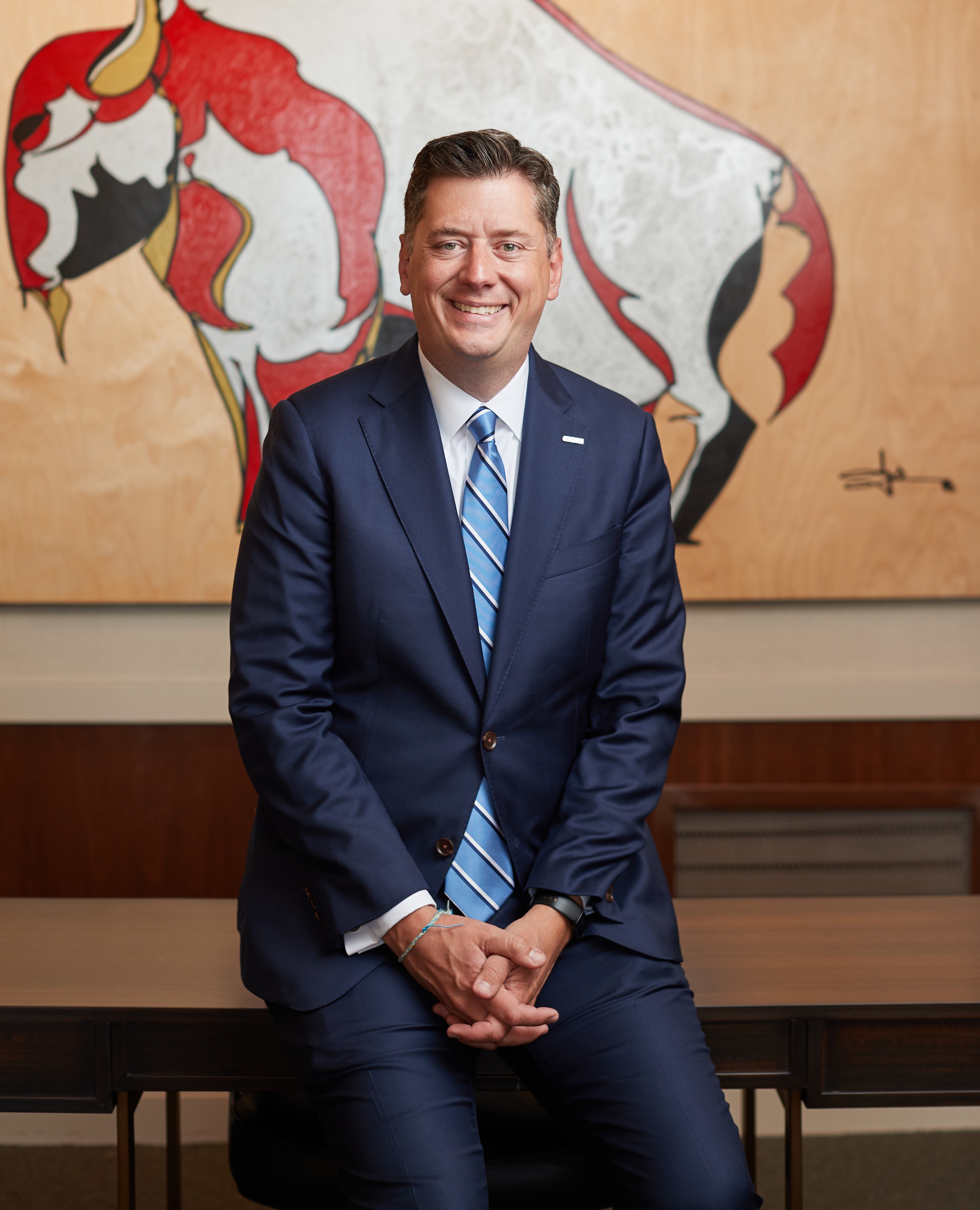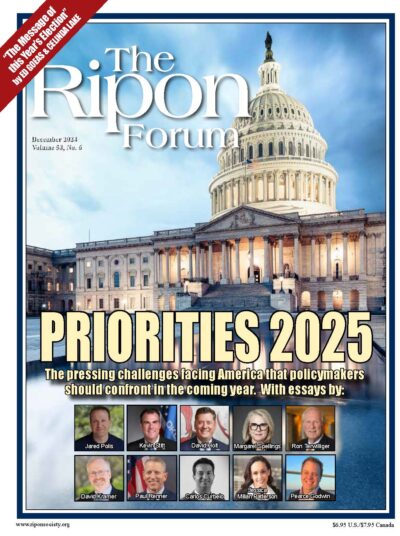
In November, Republicans serving in Washington received a mandate from the voters. That is certain. But assessing the meaning of that mandate is the art that follows any election.
Exit polls show that victory was won despite concerns those voters had about character and competence. Exit polling does not validate any assertion that a great number of voters who supported Republicans did so with a desire to see illegality or chaos. No, voters chose Republicans because they preferred their policies on key substantive issues, most notably the economy, and they prioritized those policy positions above other concerns.
Now, Republicans have to deliver on those substantive policy outcomes. If they don’t, national voters will reject Republicans again, just as they did in 2020. The way to unify the country after a contentious election is to focus on the work and to deliver results.
Mayors know something about the voter preference for results. American cities are the nation’s economic engines, and the mayors who serve those cities have no choice but to get things done. I not only serve as Mayor of America’s 20th-largest city, but I will also serve as President of the United States Conference of Mayors beginning next year. In these roles, I am keenly aware that mayors and cities look to Washington for partnership as we serve our urban residents.
The way to unify the country after a contentious election is to focus on the work and to deliver results.
Mayors as a group are also quite pragmatic. We have to be. Our cities are often as politically purple as the country. Though American mayors come from both major political parties, we’re all ready to work with Republican leaders in Washington to advance our communities. And we think there is absolutely room for common ground that meets both the election mandate and the needs in our American cities.
As always, infrastructure is an area of shared interest. A strong American economy depends on functioning local infrastructure, from roads and bridges to water and public safety. Our nation’s infrastructure is aging rapidly. Implementation of the Bipartisan Infrastructure Law will continue and should remain a priority. Additionally, there should be conversations in Washington about further investment in this area. The Bipartisan Infrastructure Law is a start, but America has infrastructure needs that far exceed its funding. This is an area where Republicans in Washington can lead.
Another area of potential common interest is affordable housing. An American voter’s greatest single expense is housing. The economic pressure felt by many voters due to their rent or mortgage payment directly affects their views about the overall economy. Washington and local communities can work together to relieve that pressure. Facilitating the development of more affordable housing will inevitably lead to more positive views about the overall economy.
In many ways, the results of the November election were a statement about the economy. Most elections are. Voters want leaders in Washington to focus on substantive policy issues like the economy, and to produce results. They don’t want leaders in Washington to confirm the concerns they had leading up to this election. Voters will reward those who do the work and punish those who only produce chaos. Mayors are ready to be partners in this substantive and serious work.
Leaders in Washington and leaders in cities both want a strong economy. Areas like infrastructure and affordable housing will foster that outcome, and these are areas where pragmatic leaders can find common ground. Mayors welcome these conversations. We also believe that results in these areas will satisfy the mandate that voters gave Republicans in Washington.
David Holt is the 38th Mayor of Oklahoma City and will become President of the United States Conference of Mayors in 2025.




